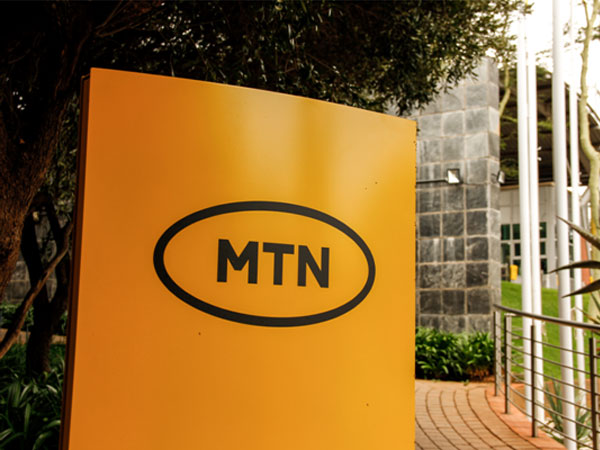By Zion Rufus
As ChatGPT joins other large-scale platforms embracing subscription business models with the introduction of ChatGPT Plus, a subscription plan for ChatGPT that unlocks a range of benefits to subscribers, insights gathered from professionals across the web have revealed that in 2023 there is a high tendency that no large-scale platform will be completely free again.
A recent study by Gartner also projects that in 2023, up to 75% of businesses will offer subscription services to consumers.
“Facebook was made free, and it has been abused, with Zuckerberg getting knocks here and there, so nobody should expect any large-scale platform to be completely free again. We are going somewhere,” Francis Ogaju, a business advisor, said in a LinkedIn post.
He adds: “Elon Musk has shown with Twitter that it’s possible to make money from the very things most people think should be free, now ChatGPT is telling you that in order not to join a queue or suffer hiccups, there’s a VIP session. People will definitely pay, it is not in doubt. We can also argue that those talks about heavy traffic and breakdown were a marketing strategy, everything was orchestrated in order to prepare you for the paid version, else you can continue managing the popular side.”
In November 2022, Twitter launched a $7.99/month subscription service that allows users to verify their accounts. And for $20/month, subscribers will enjoy general access to ChatGPT, including new features and improvements, and faster response times.
Okhawere I., CEO Radah Information Technology Services, believes that the days of balloon capital investment from investors based on spurious valuations are gone, and businesses that will survive and thrive in the next ten to fifteen years must have a clear revenue growth model(plan).
In the LinkedIn conversation, he said: “OpenAI has done the right thing in making its services subscription based. There are millions of people who will pay for this service as there is a greater value proposition here than what you get from subscribing to Netflix and Twitter on a monthly basis.”
The global subscription economy is expected to hit $1.5 trillion in 2025, and this growth can be credited to the increasing shift of consumers to the subscription purchasing model. Across industries, millions of consumers subscribe to products and services including streaming services and educational platforms on a monthly or yearly basis; today, almost every company has a digital subscription offering.
Abuchi, an AWS Clouds and Devops engineer thinks companies are simply towing the path of subscription until a better idea comes around.
He stated in a LinkedIn post: “I imagine that if Alphabet was to come out today with the search engine, they probably would have been a subscription based company too. Netflix is still trying multiple models to see how to stop people using multiple accounts so they can boost their subscription “revenue”. Interesting times.”
For Raymond Jumah, a product management consultant, the concern is the success rate of converting free trial users into paying customers.
He said: “The free-to-paid conversion metrics are always the reality checks we meet, but probably the myriad use cases available for the output requested could get a B2B model more profitable than a B2C model. Developers could also leverage the same, and an API-based monetization model could be exciting.”






Comment
No comments found.